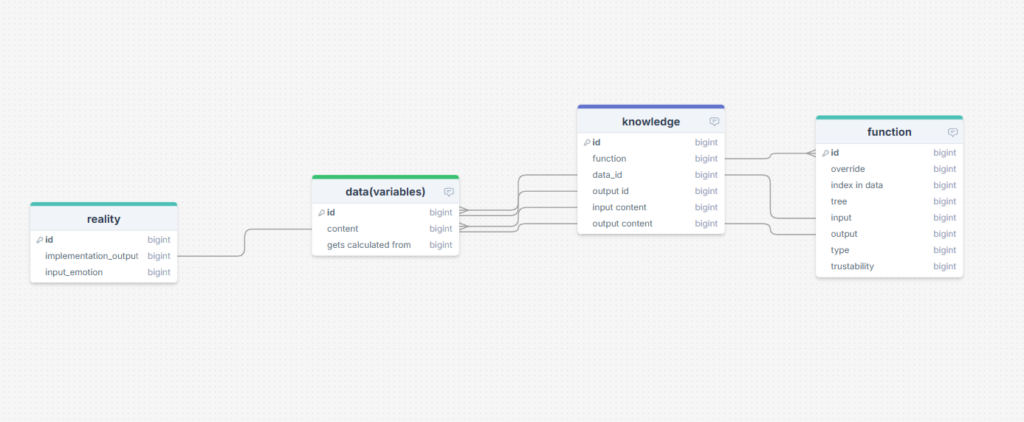
What is Knowledge?
In most of the leading economies of the world, knowledge, along with other much important things like dilligence, work ethic, and so on, is deemed to be one of the go-to categories when assessing one’s competence. Like the other thresholds of jackpots, knowledge is also what people mimic all the time. There is no reason not to- it generally brings you money, social high standing, and presumably some happiness. While it might be worth a smeer since it isn’t the necessarily the “genuine thing”, but you can’t blame someone who just wants to make their ends meet.
This post is to discuss what knowledge means, and building on the famous work “Is Justified True Belief Knowledge?” (1963, Edmund Gettier). While it is already a short paper with only three pages, I will shorten it further for the sake of convenience.
The problem here is that, especially in the example for (b) and much subtler but still present in (c), knowledge is not an object that someone holds, nor is it something static. Rather, knowledge is a process, that is even connected to what knowledge environment someone is embedded in, what method they use for communication, or what they use to process their errors.
In this sense, the root of the meaning of “know”, the primitive use case of it is an accusation . It is an accusation of whether someone is capable of doing a task, and whether someone is worthy of receiving the accompanying reward.
Further up this path of reasoning, many of the use cases of this word, are therefore passive accusations of somebody else. This seems to be the root cause of the confusion associated with this word, since it is the pure nature of passive agression.
Knowledge does not exist independently, much like quantums don’t exist definitely. It exists spontaneously. Moreover, some research actually suggest that the brain relies on quantum phenomena to operate. (New research suggests our brains use quantum computation (phys.org))
Implications
If so, what are the implications – what should we do when we learn things? Shouldn’t we strive for knowledge? What should we do if knowledge is just passive agression?
The Good news is – knowledge is real. However I have some suggestions to make to the imaginary reader who is reading this article.
Strive for knowledge, but let go of it when necessary.
Striving for knowledge doesn’t have any negative relations. The practial meaning is “I see people who have put due dilligence into their studies. They are so capable and seem so happy and I want to be like them. I will put my effort in to be like them.”, and it contains what I would call the good parts of human nature.
However, as you progress the meaning gets smudged with all the other meanings, and more and more the concept of knowledge gets objectified. You no longer pursue the pristine meaning associated with the practical properties, but you start to treat it more as an trophy – it happens especially often in the early stages of academic progress. This isn’t really a bad thing, as you do have to put in the effort, and this trophy mindset would be a good friend that might assist you, especially in competetive environments.
However, the “knowledge” acquired by this, while it might be something useful, and while it might be something some people strive for, in line with the defeated concept by the earlier JTB paper by Gettier, isn’t really knowledge, but something else. To progress, you must let go of it. in order to reach the next step. Thank you for reading.
The false belief of knowledge and its implications will be discussed in a follow up article possibly related to happiness. Short overview :
Again I tell you, it is easier for a camel to go through the eye of a needle than for someone who is rich to enter the kingdom of God.
: This is why I love the Holy Bible.
Conclusion. – The Next Step
After getting rid of the the false concept of knowledge, you must strive to seek the true process of knowledge, Which is similar to a skillset, and can be divided into four categories.
Input :
- The ability to Organize information
- The ability to take input from other people
- The ability to prevent malicious input(environment) that would corrupt your dataset
Cooperation :
- The ability to understand subtle social signals essential in communication
- The ability to present your knowledge and yourself in a pleasing manner
- The ability to assert your opinion, or knowledge to other people
Calibration :
- The ability to bravely throw doubts
- The ability to process your errors, without finding external culprits
- The ability to find external culprits when necessary
Perserverence/ Continuation – “Grit” :
- The ability to organize the result of your studies, so that you can pick up from where you left whenever you feel like it
- Task/time management skills
All these skills, are each essential, deeply integrated components of knowledge itself, like how your hair, regardless of how much they aren’t related to your key function, is part of you. The catch here is that you don’t have a key function, since you aren’t a tool.
Added 2024/11/11, Here is the foundational structure of knowledge. Picture drawn with MySQL

This will be discussed further on a follow-up article
The concept of Key function will be discussed in a later article, along with existentialism and existensial feminism.
2024/09/20 : First Draft – Conclusion needs further elaboration.
2024/11/07 : Rework done on the conclusion – still much more work needed. Adding a afterthoughts article on the book “grit” seems like a good idea.
Leave a Reply